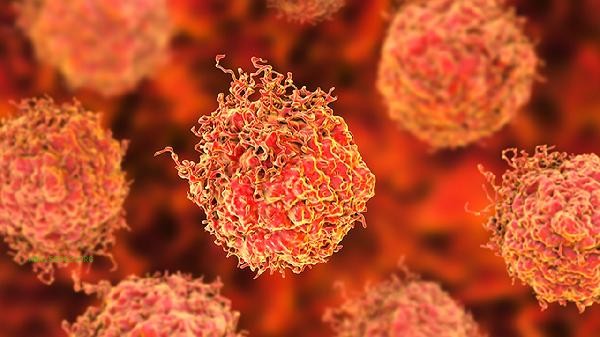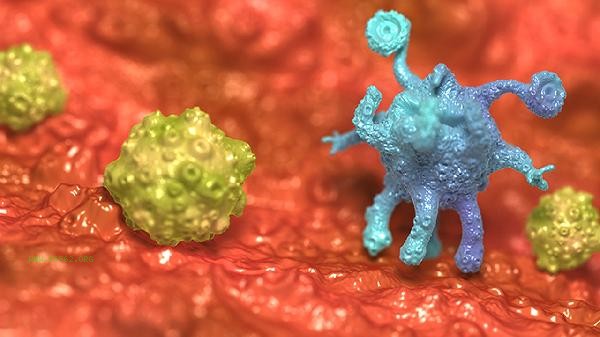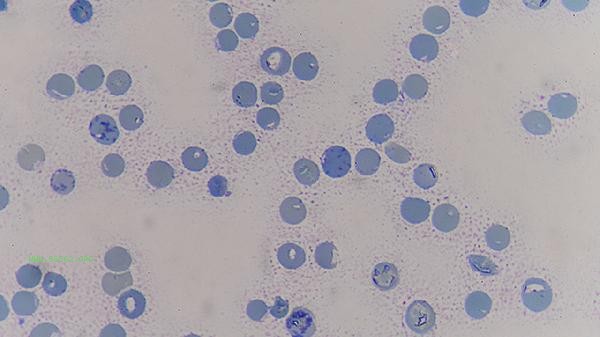Compression of the superior vena cava does not necessarily indicate cancer. Superior vena cava syndrome may be caused by various factors such as malignant tumors, benign tumors, thrombosis, mediastinal fibrosis, aortic aneurysm, etc.

1. Malignant tumors:
Compression of the superior vena cava by malignant tumors such as lung cancer and lymphoma is a common cause, accounting for about 60% -85% of all cases. During the process of tumor growth, it may directly invade blood vessels or cause mechanical compression through lymph node metastasis. Patients often experience symptoms such as coughing, hemoptysis, and progressive respiratory distress. Diagnosis should be combined with chest CT, pathological biopsy and other examinations.
2. Benign tumors:
Benign space occupying lesions such as thymoma and goiter may also cause compression of the superior vena cava. These slow growing tumors usually have a longer course of disease and progressive compression symptoms, and surgical resection can often achieve better prognosis.
3. Thrombosis:

Long term indwelling central venous catheter, abnormal coagulation function, and other factors may cause superior vena cava thrombosis, resulting in narrowing or occlusion of the vascular lumen. Patients may experience sudden facial edema and jugular vein engorgement, and anticoagulant therapy is the main intervention method.
4. Mediastinal fibrosis:
Idiopathic mediastinal fibrosis or fibrous scar contraction after radiation therapy may stretch and compress the superior vena cava. This type of situation usually has a clear history of radiation therapy or autoimmune disease, and requires imaging evaluation of the extent of fibrosis.
5. Aortic aneurysm:
Dilation of thoracic aortic aneurysm may compress the superior vena cava from the outside, which is common in patients with hypertension and Marfan syndrome. Enhanced CT can clearly display vascular anatomical relationships, and surgical intervention should be considered when the diameter of the aneurysm exceeds 5 centimeters. When symptoms of superior vena cava compression occur, seek medical attention as soon as possible to determine the cause. Daily monitoring of blood pressure and heart rate changes is necessary. During sleep, raise the head of the bed to reduce venous return pressure and avoid wearing tight clothing. Restricting sodium intake can help alleviate edema and promote the establishment of collateral circulation through moderate upper limb activity. Cases caused by malignant tumors require radiation and chemotherapy, while those caused by benign factors often have a good prognosis after standardized treatment. Regular follow-up imaging examinations are crucial for evaluating treatment effectiveness, and sudden respiratory distress or changes in consciousness require immediate emergency treatment.










Comments (0)
Leave a Comment
No comments yet
Be the first to share your thoughts!